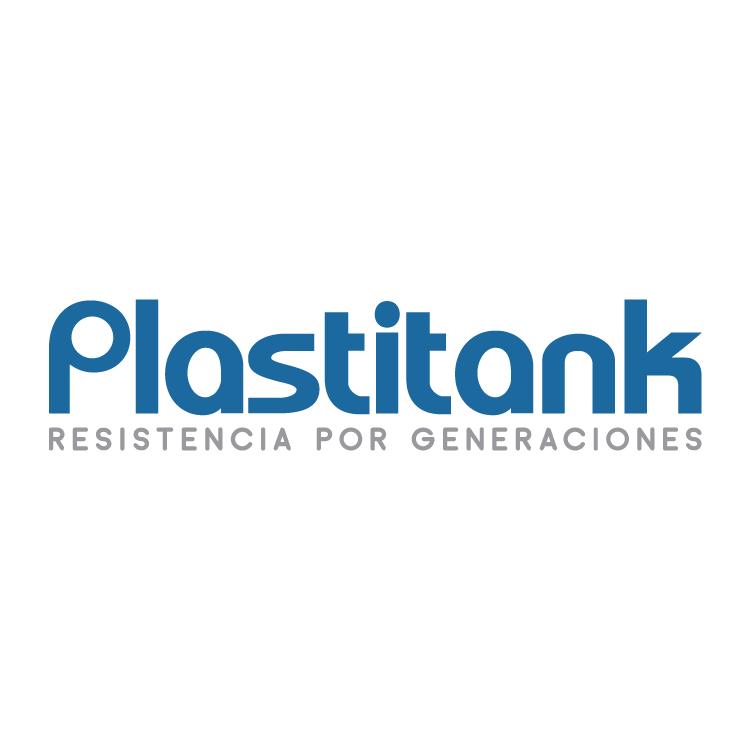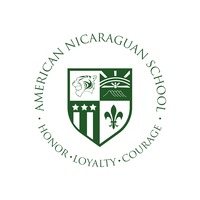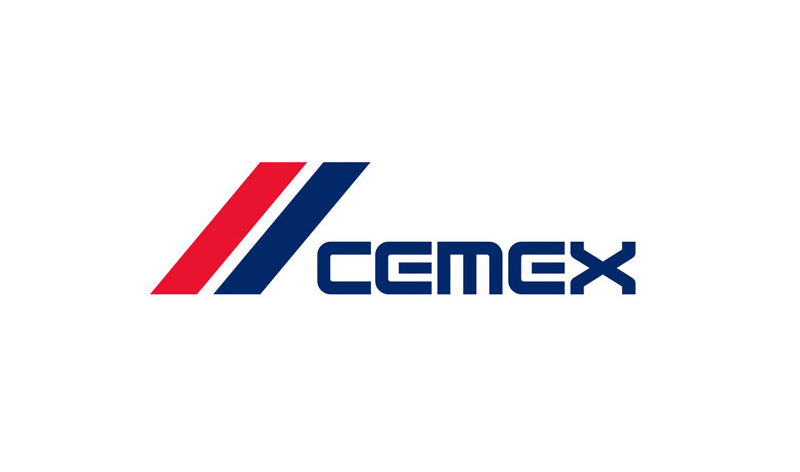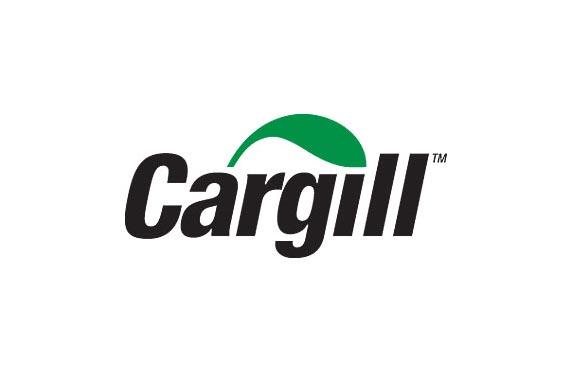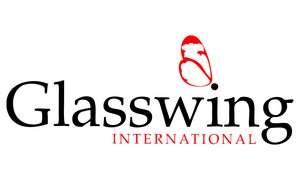We support the social production of habitat through various modalities:
- We support subsidized housing improvement within the framework of projects for families living in extreme poverty in specific communities, developed in partnership with other national and international actors, private and public sector, among others. We give priority to housing for generating income families where women are leading, families who have members with disabilities, families in overcrowded conditions. These projects collaborating groups of national and international volunteers .
- We work in partnership with microfinance institutions that offer loans for housing improvements plus Technical-Constructive Assistance (ATC). This funding allows families, go progressively improving their homes. The credit amount is adjusted to the financial capacity of the client and the ATC allows the customer to plan their improvement with available resources, ensure the quality of it and have a plan for the next stages of improving housing.
- We promote the use of alternative sanitation technologies, by building eco-toilets, plus educational processes for the adoption of good hygiene practices and health.
- Contribute to strengthen and develop other skills and abilities in families with whom we work through training process: financial education, the Housing Act (Act 677), the importance of secure tenure of property, construction of safe housing the progressive improvement and healthy housing.
- We join community organization in strengthening and capacity building to continue improving self-management of their habitat, through counseling and training in diagnosis and planning, risk management, management of water and sanitation.
- Technical Assistance to provide microfinance institutions, businesses and other organizations for the design and implementation of financial education programs for its customers and partners.
As an organization, we are constantly preparing to provide adequate and timely response to disaster situations, in partnership with other social actors and by developing early recovery projects or rehabilitation, which may include, among others:
- Damage assessment services.
- Providing tools for removal and rehabilitation / repair of community structures or homes.
- Construction of transitional shelters with approach toward permanence.
- Others.



